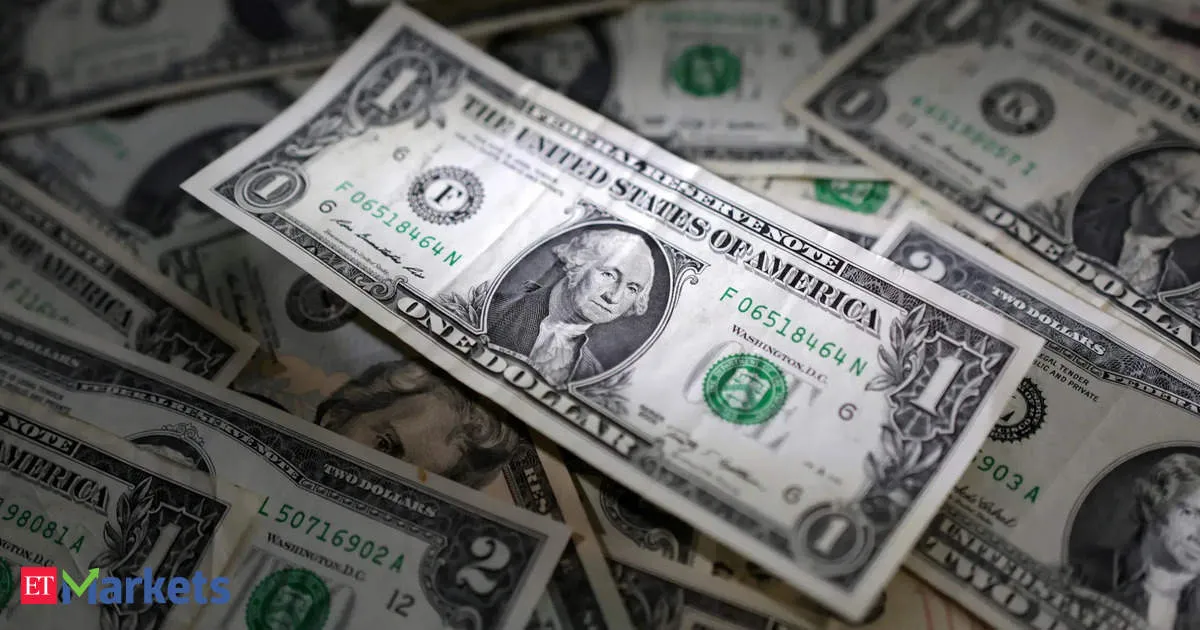World FX: US Dollar Dips Amidst Risk Appetite Rise Post-China Stimulus, Trump’s Influence on Federal Reserve Policy

Global Currency Trends Shift as US Dollar Faces Pressure
The U.S. dollar experienced a decline on Friday, halting a run of five consecutive days of gains, as risk appetite surged following new stimulus measures introduced by China to bolster global equities. Notwithstanding the dip, the dollar remains poised for a third weekly gain, currently showing a 0.6% increase.
Market Analysis: The Impact of Chinese Stimulus on Global Currencies
With the dollar index, which tracks the U.S. unit's performance against major currencies, swelling by approximately 2.8% this month, its largest monthly upswing since April 2022, the market is closely scrutinizing geopolitical and economic developments. Erik Bregar, a prominent figure in FX risk management at Silver Gold Bull in Toronto, notes that the boost from Chinese stock market support has injected risk sentiment broadly. This scenario amplified the Chinese yuan's strength and commodity currencies such as the Australian and Canadian dollars.
Understanding the Influences of Trump and the Federal Reserve
Investor sentiment was also impacted by the looming possibility of former President Trump's return in the upcoming November election. His proposed policies could maintain elevated U.S. interest rates, creating ripples in the financial markets. Recent data indicating a drop in U.S. housing starts only compounded the nuances of the currency market.
Market Responses to Economic Indicators
- The euro managed to rise 0.2% against the dollar, benefitting from Chinese economic stimulus.
- The European Central Bank’s recent interest rate cuts have led traders to speculate further reductions ahead.
- Overall, the yens interplay with the dollar demonstrates the fluctuating nature of international markets.
As traders and investors navigate these dynamics, remaining aware of the impact Trump and Federal Reserve policies have on the world FX landscape is essential.
This article was prepared using information from open sources in accordance with the principles of Ethical Policy. The editorial team is not responsible for absolute accuracy, as it relies on data from the sources referenced.